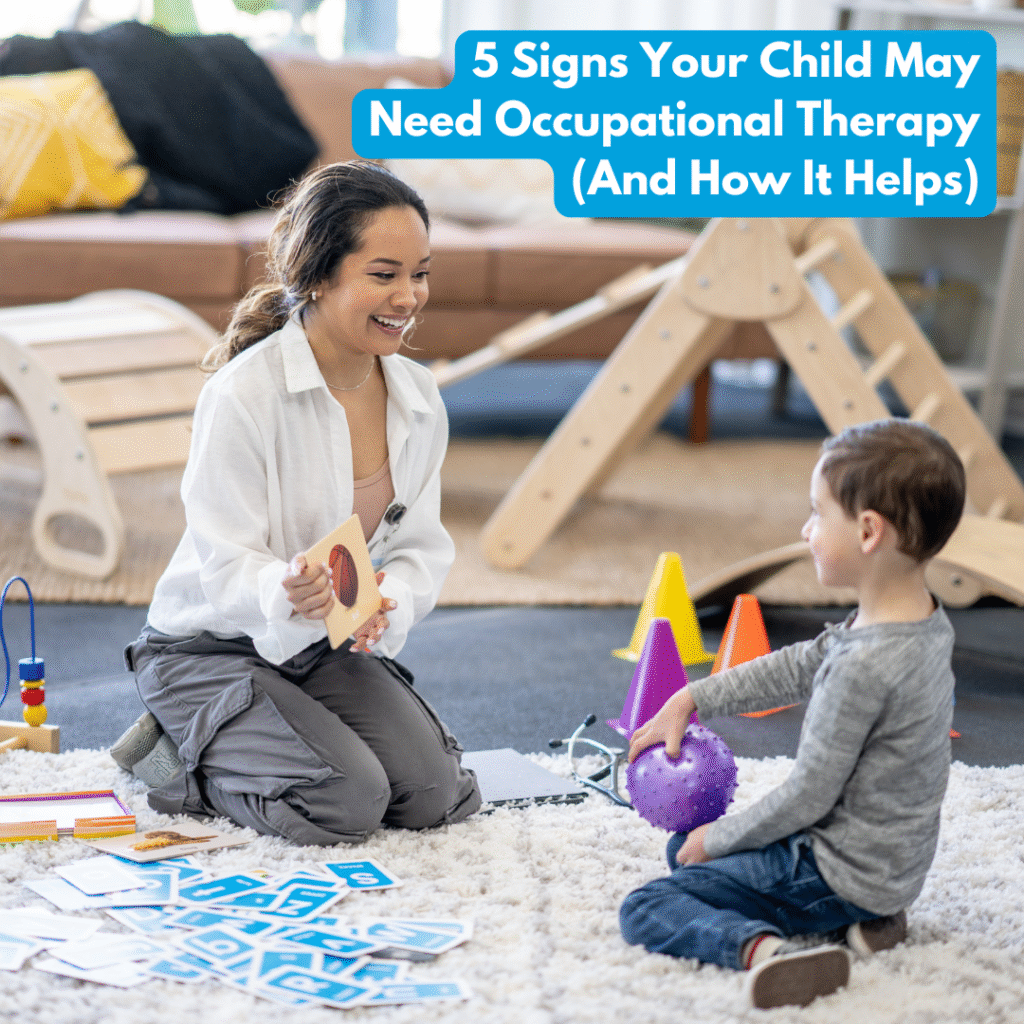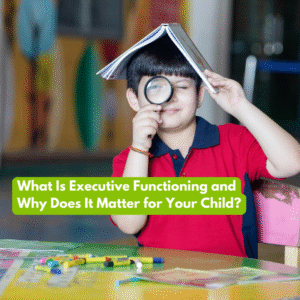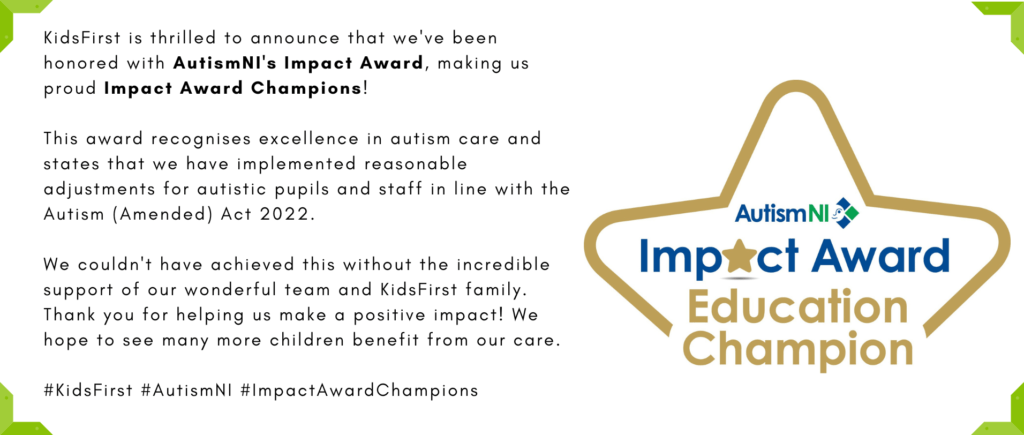As parents, we always want the best for our children and their growth. Whether it’s their physical abilities, social skills, or learning habits, we want to make sure they have the tools and support they need to thrive. However, sometimes, we may notice that our children struggle in areas that seem like part of normal development but could actually be signs that they may benefit from occupational therapy (OT).
Occupational therapy is a specialized treatment that helps children develop the skills they need for everyday activities—things like handwriting, getting dressed, and even playing with friends. But how do you know if your child might need OT? Here are 5 signs to look out for and how OT can provide valuable support.
Struggling with Fine Motor Skills ✋
Fine motor skills involve small movements like using pencils, buttoning shirts, or holding utensils. If your child is having difficulty with these tasks, it could be a sign that they need support. Children who struggle with fine motor skills might have messy handwriting, difficulty drawing shapes, or trouble with tasks like feeding themselves.
How OT Helps:
Occupational therapists work on improving hand-eye coordination, muscle control, and dexterity to help children build the strength and skills needed for everyday tasks. Through activities like drawing, puzzle-solving, or cutting with scissors, OT can help your child gain confidence and independence in their fine motor abilities.
Trouble With Self-Care Tasks 👚
Does your child struggle with everyday self-care tasks like dressing themselves, tying shoelaces, or brushing their teeth? If they find it hard to complete these tasks independently, it might be time to consider OT. These are essential life skills that support a child’s self-esteem and independence.
How OT Helps:
OT helps children learn and practice self-care routines, encouraging them to become more independent. Therapists use fun and practical exercises to develop skills like buttoning shirts, brushing teeth, and tying shoes, making these tasks feel less overwhelming and more achievable.
Difficulty with Focus and Attention 🎯
Many children experience difficulty with attention and focus, but if your child seems to have trouble paying attention for long periods—whether during homework or simple tasks at home—they might need help. Difficulty focusing can often affect school performance and social interactions.
How OT Helps:
Occupational therapy helps children with attention and focus challenges by providing structured environments and engaging activities that promote concentration. Therapists use visual schedules, sensory breaks, and focus-building exercises to improve a child’s ability to stay on task and manage distractions, both in the classroom and at home.
Emotional Regulation Challenges 😡
Does your child have frequent emotional outbursts, struggle to calm down after a tantrum, or seem easily frustrated? These emotional regulation issues can stem from difficulties in self-regulation, where children find it hard to control their emotions in social situations or when things don’t go as planned.
How OT Helps:
OT therapists help children develop emotional regulation skills by teaching them strategies like deep breathing, sensory breaks, and relaxation techniques. Therapists also guide children in understanding their emotions and learning how to express them appropriately, reducing meltdowns and frustration in the process.
Trouble with Social Skills 🤝
If your child has difficulty making friends, sharing with others, or understanding social cues like taking turns or making eye contact, it could indicate a need for support in developing their social skills. Social interaction is essential for learning, play, and building relationships, and it’s a skill that some children find challenging.
How OT Helps:
Occupational therapy can improve social interaction skills through structured group activities and role-playing. Therapists help children practice how to start conversations, make eye contact, take turns, and understand the emotions of others. These activities help children build stronger relationships with peers and increase their confidence in social settings.
Final Thoughts: Early Intervention Makes a Difference
Recognizing the signs that your child might need occupational therapy is the first step in helping them overcome challenges and build the skills they need for school and everyday life. Early intervention is key to improving outcomes, and the good news is that with the right support, children can overcome these obstacles and thrive.
If any of these signs sound familiar, it might be time to explore occupational therapy as an option. At KidsFirst, our experienced OT therapists provide personalized care tailored to each child’s needs, helping them develop crucial skills for independence, confidence, and success.
Contact us today to learn more about how our Occupational Therapy Program can help your child grow!










































